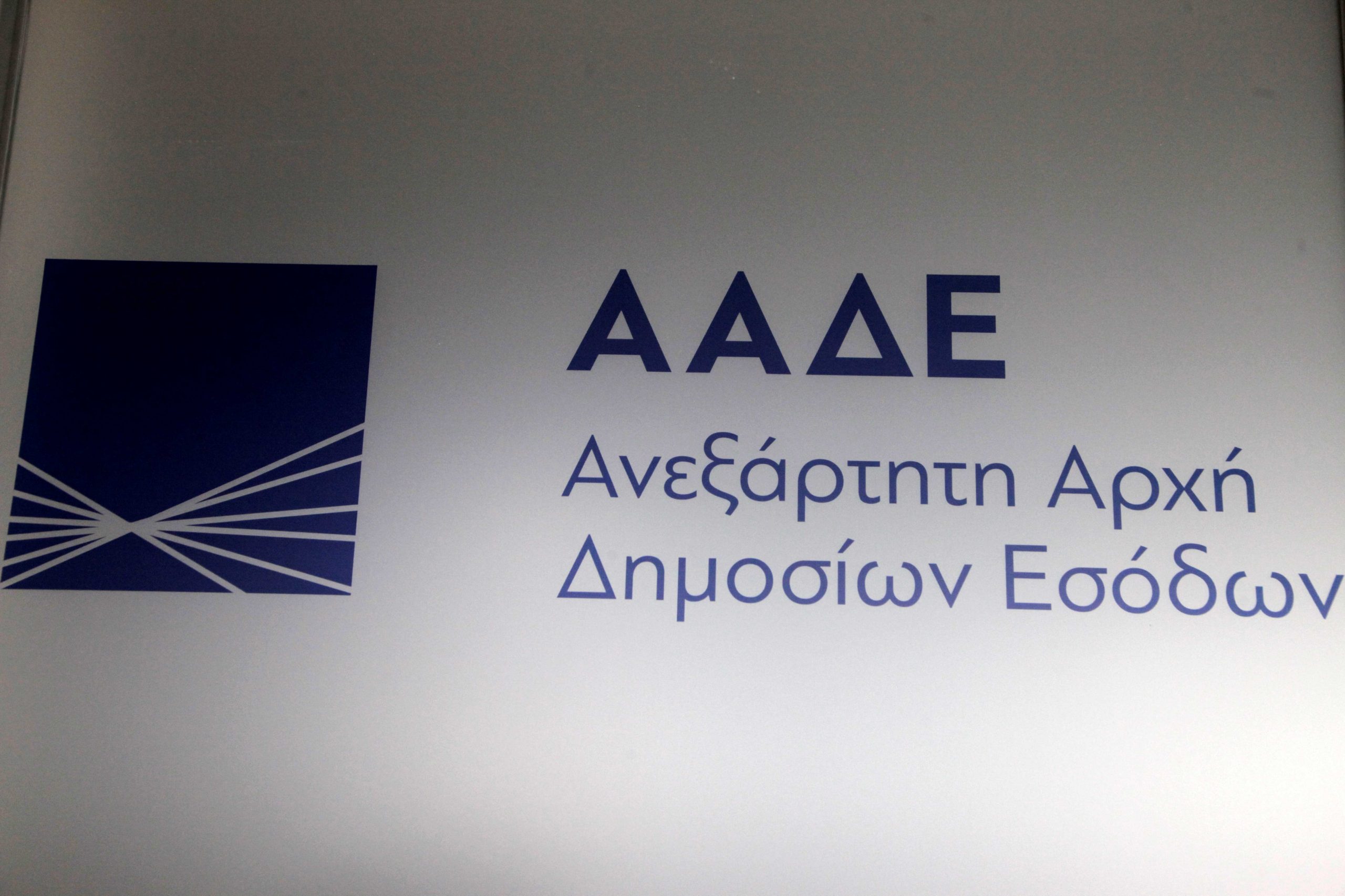The Greek Independent Authority for Public Revenue (IAPR or AADE) plans to conduct sweeping tax audits for 2024, including inspections and cross-checking to clamp down on tax evasion and avoidance.
Employing new electronic tools to combat tax evasion and identify undeclared income, the tax bureau aims to conduct nearly 73,000 audits, targeting various economic activities of individuals and businesses alike.
The 2024 audit plan, following directives issued by IAPR Head George Pitsilis, includes:
27,500 Comprehensive and Partial Tax Audits: Approximately 70% of these audits will cover the last five years, and at least 75% will focus on the last three years after the income tax declaration deadline has expired.
25,400 On-Site Audits: These audits will verify the proper fulfillment of tax obligations.
2,500 Audits for Non-Annual Tax Obligations: These audits will focus on verifying compliance with non-annual tax obligations of capital taxes.
16,600 Targeted On-Site Audits: Services of Investigations and Safeguarding Public Revenues will conduct these targeted audits.
In its audits, the IAPR is set to deploy new tools and measures in 2024, such as:
Camera-Based Audits: Tax audits, within or outside taxpayers’ professional premises, can be recorded for transparency purposes using cameras, subject to prior notification to taxpayers. Visual and audio recordings will be stored for six months and then destroyed.
Expansion of Indirect Technical Audits: These audits, based on data such as bank deposits, cash expenditures, and liquidity, will now cover additional scenarios, including cases of consecutive annual losses without evident business funding, significant discrepancies between purchases, sales, and inventories, variations in the gross profit rate, and non-submission of requested information after two invitations.
Mandatory Electronic Submission of Incomes and Expenses to the myDATA Platform: Tax deductions and expenses will not be considered unless the supporting documents are electronically transmitted to the AADE. Additionally, business income cannot be less than the expenses transmitted to the platform. Failure to comply may result in fines ranging from €250 to €500 per day.
Automated Wealth Increase Audits: A new system will provide direct access to data on deposits, loans, investments, lockers, and even electronic wallets of audited taxpayers, streamlining the determination of taxable assets.
Mandatory Electronic Invoicing: Electronic invoicing will become mandatory within 2024.
Digital Client Registry: Specific categories of professionals and businesses will be required to maintain a digital client registry.



